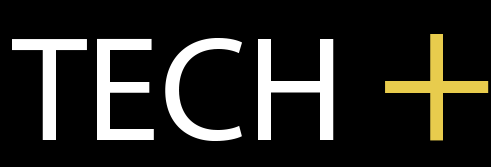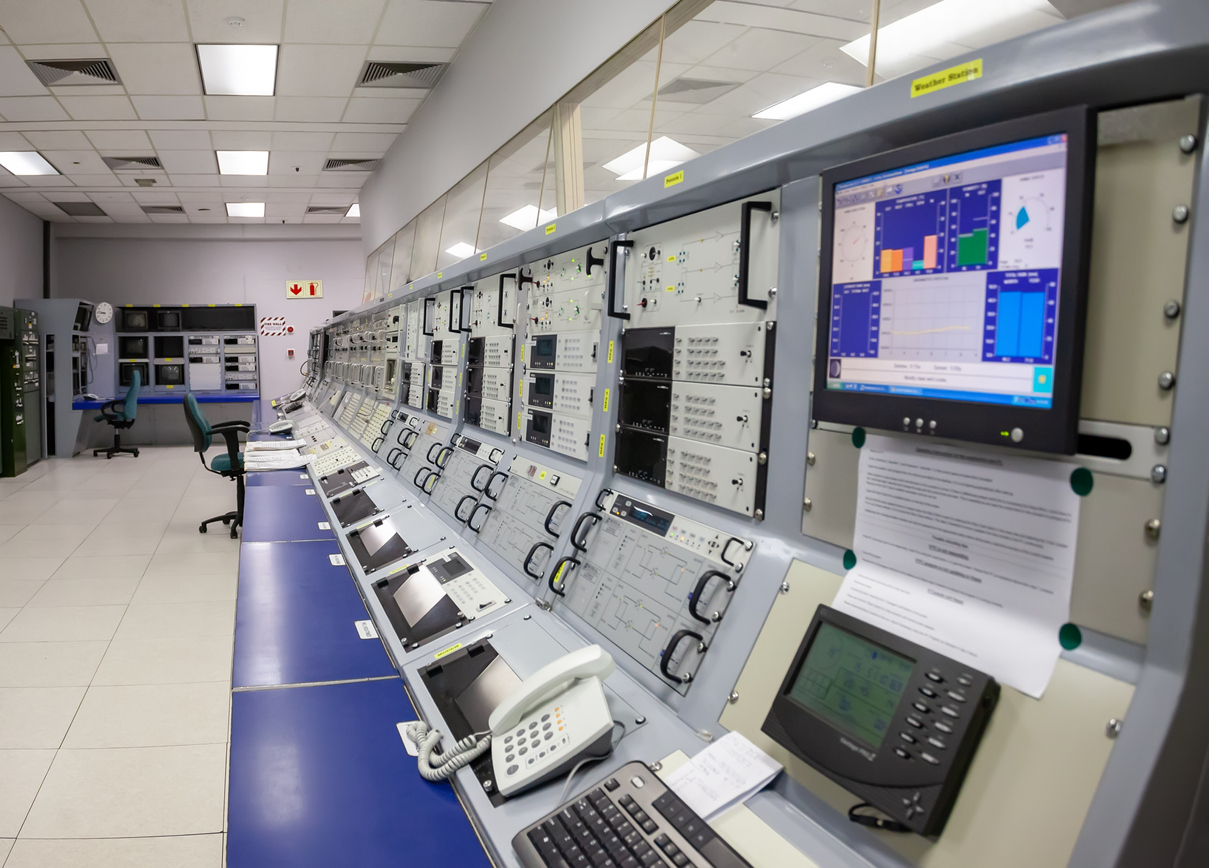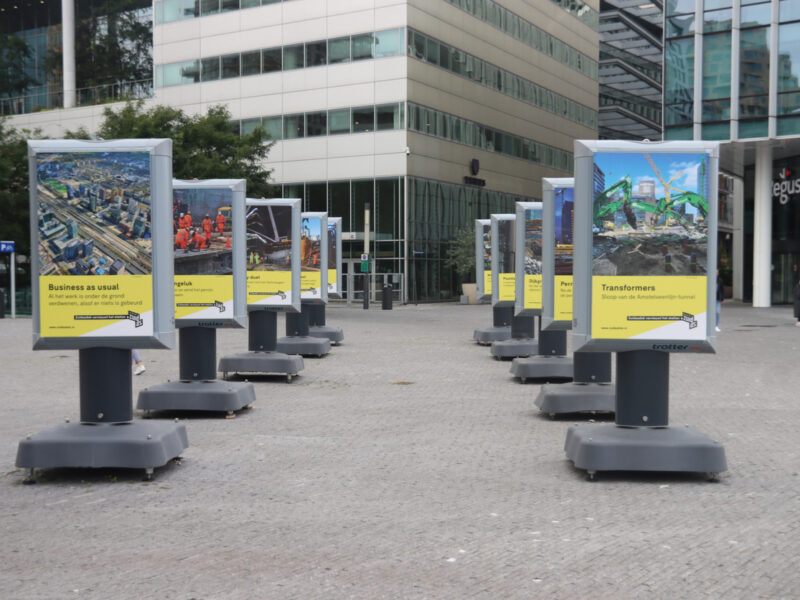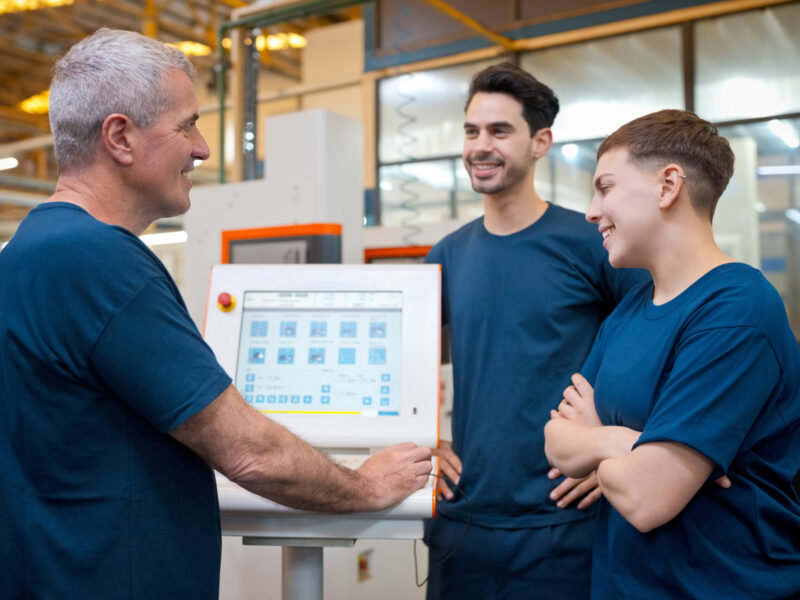The HMI POE Panel PCs or touchscreen PCs are innovative solutions designed to streamline operations in various industries. It integrates Human Machine Interface (HMI) and Power over Ethernet (PoE) technologies, enabling a simplified setup and reduced cable clutter, ideal for industrial automation tasks.
Power over Ethernet (PoE) technology is a revolutionary advancement that has greatly simplified the installation process of various devices. It allows for both data and power to be transmitted through a single Ethernet cable, eliminating the need for separate power cables and reducing overall installation time and effort. This technology has been particularly beneficial for HMI (Human Machine Interface) devices, which are commonly used in industrial automation. The integration of PoE in HMI Panel PC has further enhanced their functionality and made them even more efficient for use in demanding environments. With PoE, installation time is reduced, and maintenance becomes more manageable.
When it comes to HMI (Human Machine Interface) devices, such as Panel PCs, the integration of PoE technology has proven to be a game-changer. Not only does it simplify installation by eliminating the need for separate power cables, but it also reduces cable clutter, making it easier to manage and maintain the system.
Importance of Human-Machine Interface (HMI)
Industrial automation and control systems rely heavily on HMI technology to facilitate communication between humans and machines. With the continuous advancement of technology, traditional input devices like keyboards and mice are being replaced by touch-sensitive displays, making interaction more intuitive and user-friendly.
In industrial settings where time is crucial and precision is essential, having a reliable HMI system in place is paramount. It allows operators to monitor and control various processes in real-time, providing essential data and alerts for quick decision-making. With the integration of PoE technology, HMI Panel PCs offer a simplified setup and enhanced functionality, making them an ideal choice for industrial automation tasks.
PoE Panel PCs are designed to streamline installation and enhance functionality in industrial automation. With the integration of PoE technology, they offer a simplified setup, reduced cable clutter, and flexible mounting options, making them ideal for use in demanding environments. These innovative solutions not only improve overall efficiency but also provide a more intuitive user interface, ultimately increasing productivity and reducing downtime
Benefits of PoE
The integration of Power over Ethernet (PoE) technology into Panel PCs offers a multitude of benefits:
- Reduced Wiring Complexity: With PoE, data and power transmission is facilitated through a single Ethernet cable, thereby eliminating the need for separate power cables. This significantly simplifies the wiring setup and reduces cable clutter, making system management and maintenance easier.
- Cost Savings: The simplification of the wiring system also leads to significant cost savings. By eliminating the need for separate power cables and power supply equipment, the overall installation and maintenance costs are substantially reduced.
- Scalability and Flexibility: PoE enables easy addition, relocation, or adjustment of network devices, allowing for greater scalability and flexibility in system setup and expansion.
- Reliability: PoE provides uninterrupted power supply, which is essential for the continuous operation of critical devices, thus improving system reliability and reducing downtime.
- Safety: PoE is designed with advanced auto-sensing technology that delivers just the right amount of power to the devices, avoiding electrical overload and enhancing overall system safety.
- Energy Efficiency: As PoE uses a single cable for both data and power transmission, it results in energy savings, making it an environmentally friendly solution.
Embracing PoE technology in HMI Panel PCs not only streamlines operations but also provides tangible advantages in the form of cost and energy savings, making it an ideal choice for industrial automation tasks.
PoE Panel PCs
PoE Panel PCs are a game-changer in the industrial automation space. These devices merge the capabilities of Power over Ethernet (PoE) technology and Human Machine Interface (HMI) devices into a compact, easy-to-install, and user-friendly solution. PoE Panel PCs are designed to operate in harsh industrial environments, offering robustness and reliability that are indispensable in these settings.
Their key feature is the ability to receive both power and data through a single Ethernet cable, which greatly simplifies the installation process, reduces cable clutter, and enhances overall system efficiency. Furthermore, their touchscreen interface makes user interaction more intuitive, eliminating the need for traditional input devices like keyboards and mice.
These Panel PCs are not only high-performant but also offer unparalleled flexibility, allowing for easy device addition, relocation, or adjustment. The integration of PoE technology into these devices further ensures uninterrupted power supply, thereby enhancing their reliability and reducing system downtime. The advanced auto-sensing technology incorporated in PoE ensures safety by supplying just the right amount of power to the devices.
Embodying energy efficiency, scalability, and cost-effectiveness, PoE Panel PCs are revolutionizing industrial automation, making them an excellent choice for modern industry needs.
Tekdis Waterproof Panel PCs, HMIs & Monitors Features
Tekdis offers a wide range of waterproof Panel PCs, designed to cater to various industry-specific requirements. These devices are equipped with advanced features that enhance functionality and streamline operations. Some of the key features of Tekdis’ PoE Panel PCs include:
- Simplified Cabling: With PoE technology, these devices require only one Ethernet cable for data and power transmission. This significantly reduces cabling complexity and enhances overall system efficiency.
- Robust Design: Panel PCs are designed to operate in harsh industrial environments, providing robustness and reliability that are essential in these settings.
- Flexible Mounting Options: These devices can be mounted in multiple ways, including VESA mounting, wall mounting, or panel mounting, providing flexibility in installation and use.
- Touchscreen Interface: The intuitive touchscreen interface eliminates the need for traditional input devices like keyboards and mice, making user interaction more comfortable and efficient.
- Fanless Design: Theseare designed with a fanless cooling system, making them ideal for use in dusty or dirty environments. This also reduces maintenance requirements and improves the lifespan of the device.
- Wide Range of Sizes and Configurations: Tekdis offers PoE Panel PCs in a variety of sizes, ranging from 7 inches to 21.5 inches, and with different configurations to cater to diverse industrial needs.
With these advanced features, Tekdis’ Panel PCs are equipped to handle the demanding requirements of industrial automation tasks, providing an all-in-one solution for power, data, and interface needs. Whether it is manufacturing, logistics, or any other industry, our Panel PCs offer a reliable, efficient, and cost-effective solution for enhanced productivity and streamlined operations.
Conclusion
Panel PCs, with their advanced features and capabilities, are undeniably transforming the landscape of industrial automation. By reducing wiring complexity, offering cost and energy efficiencies, and ensuring system reliability, they serve as a comprehensive solution for power, data, and interface needs in numerous industrial scenarios. Panel PCs, specifically, with their robust design, flexible mounting options, intuitive touchscreen interface, and fanless cooling system, provide an unparalleled edge in dealing with the demanding requirements of various industries. As technology continues to evolve, the integration of PoE technology into Panel PCs will undoubtedly continue to drive operational efficiency and productivity across multiple sectors.




